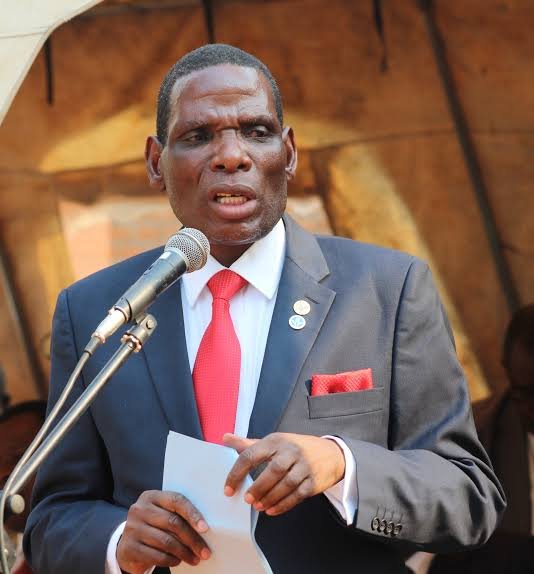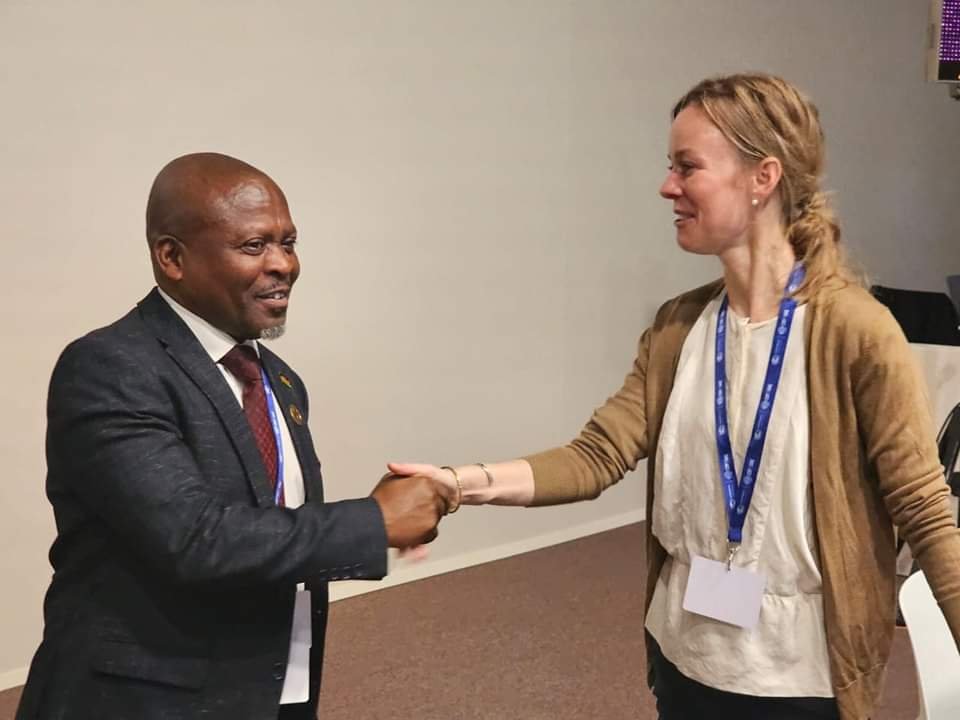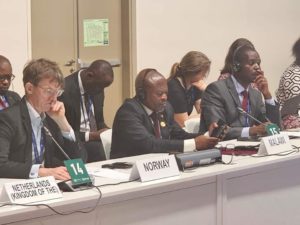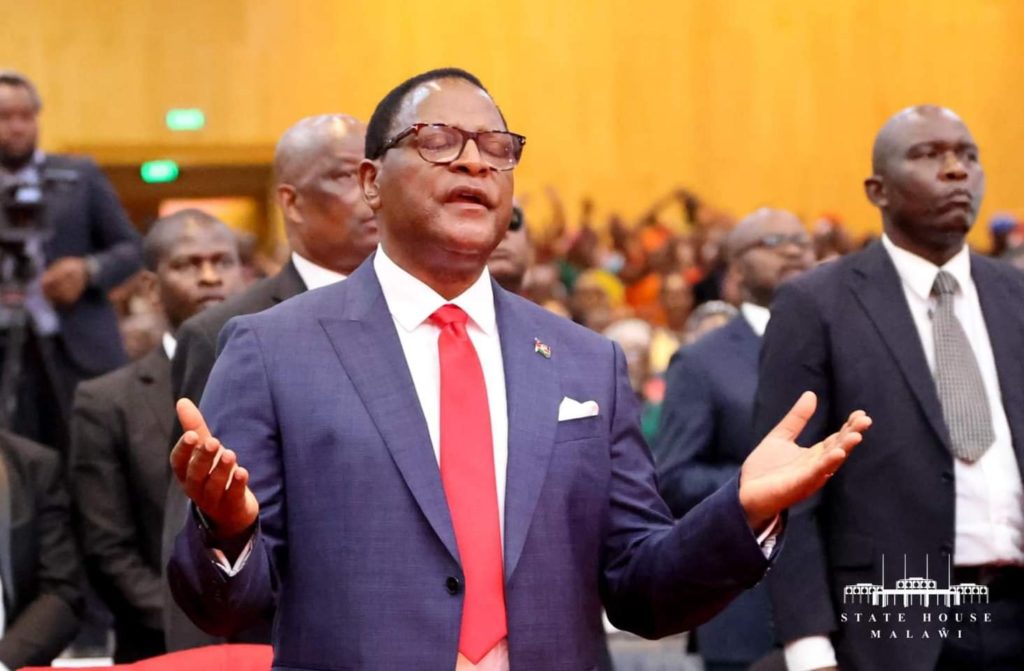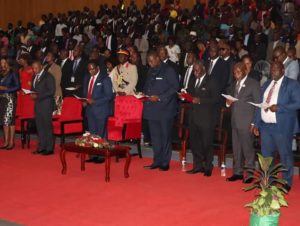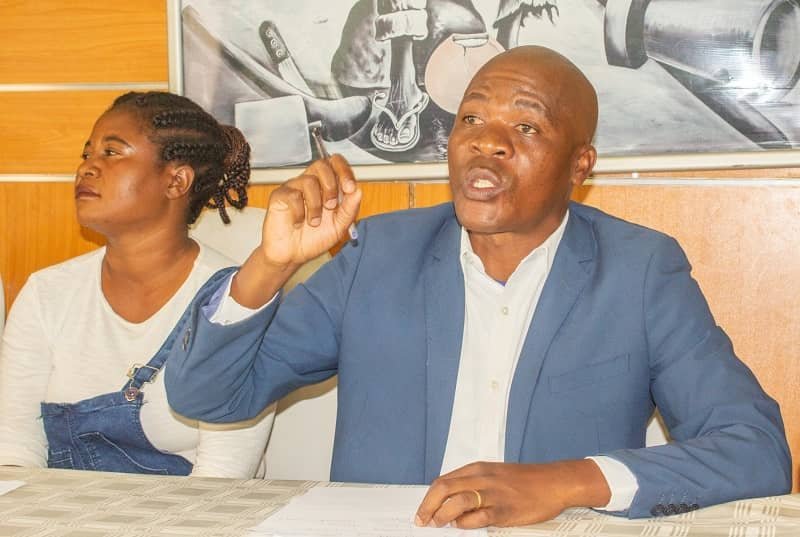By Staff Reporter
Agriculture is not always seen as an opportunity, rather many youth perceive it as a “dirty job” that only people who have no other options, take up. These are just some of the common misperceptions and challenges that stand in the way of youth agripreneurship in Malawi.
The Youth Engagement in Agripreneurship: Landscape Analysis in Malawi Stakeholder Validation Meeting held on 7 December 2023 at Crossroads Hotel in Lilongwe, Malawi highlighted these misconceptions, and identified a number of obstacles youth in Malawi is facing. For example, the lack of readily available markets, lack of input, low access to finance through loans, poor coordination and youth programs, low access to inputs and equipment, as well as more programs targeting skills building than access to start-up capital.
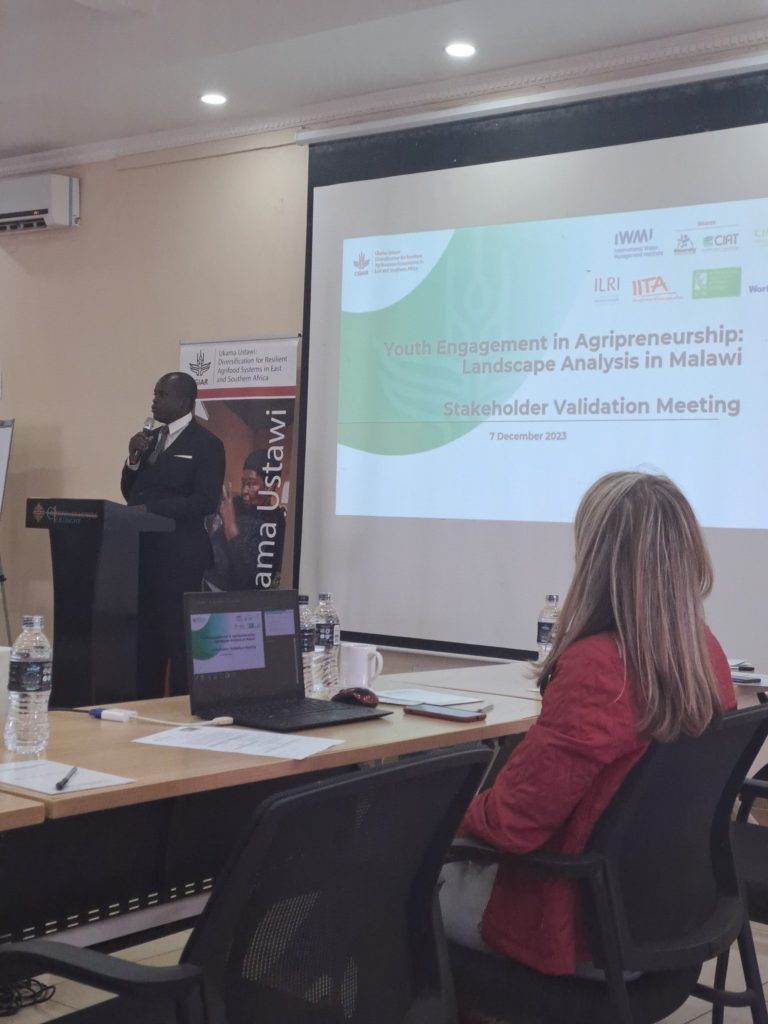
“This workshop could not have come at a better time because it is clear that agriculture remains the hub of this country. If you don’t do agriculture you will eat nothing. Being here helps to build on our Malawian Agenda 2063 which features agriculture as the first pillar. As government, we have a number of initiatives, but unless we can demonstrate that we have a passion for youth, we still have a long way to go. In spite of youth experiencing challenges such as not having money and wanting things to happen fast – we need to involve youth in agriculture so we can combat their views that agriculture is a dirty job. The minimal use of technology is a detergent of youth in agriculture,” says Pearson Soko, Director at the Department of Agriculture Extension at the Malawi Ministry of Agriculture.
Youth is key in Malawi. According to the 2018 Malawi Census, 50% of the Malawi population falls in the 10-35 year bracket, an age which is full of energy, creativity, innovation and one that is transitioning into the labor market. Soko emphasized that the Malawian government needs to puch the envelope in order too incorporate the youth in agriculture and such discussions on youth programs in agripreneurship were signs that the dial is moving. “Let me thank the CGIAR and Ukama Ustawi for helping us to tackle this issue. Our work here today will go a long way in making sure that youth in Malawi are supported,” explained Soko.
“Across all the districts, youth participation in agriculture as agripreneurs is very low. For instance, in Chikwana, focus group discussions showed that only 30% of the youth in this community was participating in agripreneurship. Furthermore, most of the youth involved in agripreneurship were males compared to the females. Most of the females were unable to raise capital to invest in agripreneurship while their male counterparts had work and ganyu related opportunities to work and secure capital which they invested in agripreneurship,” says Amon Kabuli, Kirk Development Consultants Team when discussing study findings on youth engagement in agripreneurship.
In as much as challenges stemmed from youth seeing agriculture as a “dirty” job with challenges, Kabuli also discussed the opportunities pertaining to youth engagement in agripreneurship. This included, but was not limited to, the involvement of government, the presence of processing plants, factories and companies, opportunities where youth are organised and empowered, high potential for irrigation farming and more.
“We already know from the stats that organizations like the Food and Agriculture Organization emphasize the importance of youth involvement in agriculture to achieve sustainable development goals. Initiatives such as training incubation programs, access to credit, and mentorship for young agripreneurs can significantly impact Malawi’s agricultural landscape and youth employment rates. We take that a step further by asking, how can we ensure gender, equality and social inclusion in our proposed solutions?” asks Dr Ojongetakah Baa, Postdoctoral Fellow – Gender and Social Inclusion (GESI) Agribusiness at the International Water Management Institute.
According to Dr Baa from IWMI, Ukama Ustawi supports climate-smart agriculture and livelihoods in 12 countries in East and Southern Africa. These countries include Malawi, Kenya, Zambia, Ethiopia, Zimbabwe, Rwanda, Tanzania, Uganda, eSwatini, Madagascar, Mozambique and South Africa. A GESI framework developed by Ukama Ustawi team on gender and social inclusion puts together the different barriers and opportunities for women and youth in agribusiness in East and Southern Africa. While these challenges and enablers are known, there is need to find collective solutions.
“Fostering youth agripreneurship in Malawi is imperative for both the present and the future. Empowering young individuals to engage in agricultural entrepreneurship not only addresses current challenges in the agricultural sector but also cultivates a resilient and sustainable future for the nation. By investing in the skills, knowledge, and entrepreneurial spirit of the youth, Malawi can harness its agricultural potential, bolster economic growth, alleviate poverty, and create a dynamic and innovative agricultural landscape,” adds Dr Karen Nortje, Senior Researcher – Gender and Social Inclusion at IWMI. The work in Malawi is done through the Gender Action Learning Systems (GALS) approach where individual households and communities in Malawi can envision and create enabling environment for women and youth in agriculture.
Dr Nortje states that by prioritizing and supporting youth agripreneurship, Ukama Ustawi paves the way for a more prosperous and food-secure Malawi, where the energy and creativity of the younger generation becomes catalysts for positive transformation in the agricultural sector and beyond. This was reinforced by Dr Kristin Davis, Senior Research Fellow at the International Food Policy Research Institute (IFPRI) who emphasized the need to come up with a clear sequencing and action plan to move forward.
“What is the clear sequencing that is required. Is it training first or funding or something else? From the talks today we realised that we need to follow and integrated approach which combines a combinations of learning and finances. The link between knowledge and skills needs to be bridged. A needs assessment needs to incorporate capacity and innovation. Above all, we need to implement what has been planned and to integrate technology in youth and other programs,” concludes Dr Davis.


